
Doctor warns everyone never to ignore common cancer symptom that’s frequently disregarded in hot weather
As summer officially kicks off across the United States, residents brace themselves for rising temperatures and increased humidity. While longer, sunnier days provide opportunities for outdoor enjoyment, the nighttime can often turn uncomfortable. Many people experience night sweats during warm months - episodes of excessive sweating that disrupt sleep and leave you drenched.
At first glance, night sweats during a hot summer might seem normal. But medical experts caution that persistent or severe night sweats should never be ignored, as they may be an early warning sign of serious health conditions, including cancers such as leukemia and lymphoma.
In this comprehensive article, we explore the causes of night sweats, how to distinguish harmless sweating from dangerous symptoms, the diseases they might indicate, and when to seek medical care. Understanding these factors is crucial for protecting your health, especially in the heat of summer.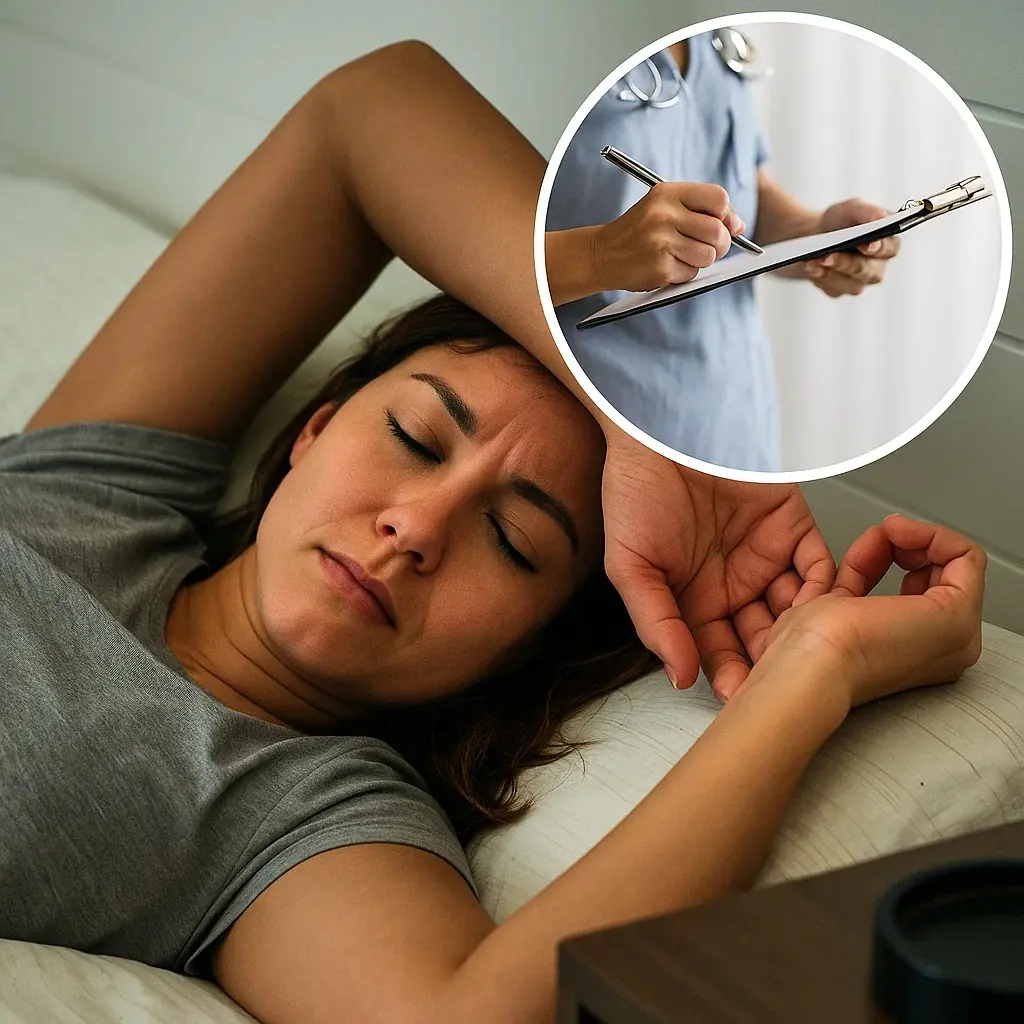
What Are Night Sweats?
Night sweats, medically referred to as sleep hyperhidrosis, describe episodes of heavy sweating during sleep. Unlike the occasional sweat that helps cool your body on warm nights, night sweats are often so severe that they soak your pajamas and bedding, interrupting restful sleep.
Though common in many individuals, frequent night sweats accompanied by other symptoms should raise concern. They are not merely a discomfort but can sometimes signal underlying medical conditions that require attention.
Why Do We Sweat During Sleep?
Sweating is the body’s natural way of regulating temperature. When your internal temperature rises, sweat glands release moisture to cool the skin as it evaporates.
Several factors can increase sweating at night:
- Ambient temperature and humidity: Warm, sticky nights cause increased sweating.
- Bedding and clothing: Heavy blankets or non-breathable pajamas trap heat.
- Hormonal fluctuations: Changes related to menopause or thyroid conditions affect temperature regulation.
- Medications and substances: Some drugs, caffeine, and alcohol can trigger sweating.
- Stress and anxiety: Emotional factors influence sweat gland activity.
While these causes are generally benign, unexplained or excessive night sweats warrant a closer look.
When Are Night Sweats a Cause for Concern?
Dr. Suhail Hussain, a practicing general physician, emphasizes that although night sweats are common, especially during hot and humid nights, persistent or unexplained sweating during sleep should never be dismissed.
He explains, “Night sweats that are persistent and unexplained - especially if accompanied by weight loss or fatigue - require medical evaluation.” The key is to identify whether your night sweating is an isolated symptom or part of a larger pattern indicative of illness.
Warning Signs Alongside Night Sweats
If night sweats occur with any of the following symptoms, you should consult a healthcare professional promptly:
- Unintended weight loss
- Extreme fatigue or weakness
- Persistent fever or chills
- Swollen lymph nodes or lumps
- Nighttime coughing or chest pain
- Bruising or bleeding easily
Dr. Hussain also notes that cancer-related night sweats tend to be drenching and severe, leaving clothes and bed sheets soaked.
Diseases That May Present with Night Sweats
Night sweats can be a symptom of a wide spectrum of health conditions, from benign to life-threatening. Among the more serious causes are:
1. Leukemia
Leukemia is a group of blood cancers that originate in the bone marrow, where blood cells are produced. It leads to an overproduction of abnormal white blood cells, impairing the immune system.
Common symptoms of leukemia include:
- Fever or chills
- Frequent infections
- Fatigue and weakness
- Unexplained weight loss
- Easy bruising or bleeding
- Drenching night sweats
Because leukemia affects blood cell production and immune regulation, night sweats can be a key early symptom.
2. Lymphoma
Lymphoma is a cancer of the lymphatic system, which includes lymph nodes, spleen, thymus, and bone marrow. There are two main types: Hodgkin’s lymphoma and non-Hodgkin’s lymphoma.
Symptoms often include:
- Painless swelling of lymph nodes
- Fever
- Weight loss
- Fatigue
- Night sweats - often described as severe and drenching
Lymphoma-related night sweats are part of what doctors call “B symptoms,” which indicate systemic illness and the need for urgent care.
3. Carcinoid Tumors and Neuroendocrine Cancers
A rarer group of cancers called carcinoid tumors originate from hormone-producing neuroendocrine cells. These tumors can disrupt hormonal balance, causing symptoms such as:
- Flushing of the skin
- Diarrhea
- Wheezing
- Night sweats
Such hormonal disturbances can significantly affect the body’s temperature regulation.
4. Infectious Diseases
Some serious infections can produce night sweats as the body fights illness:
- Tuberculosis (TB)
- HIV/AIDS
- Endocarditis (infection of the heart lining)
- Mononucleosis
Night sweats caused by infections are typically accompanied by fever and other signs of systemic illness.
Other Causes of Night Sweats
Apart from serious diseases, night sweats can arise from various less critical conditions:
- Menopause: Fluctuating estrogen levels often cause hot flashes and night sweats in women.
- Medications: Antidepressants, steroids, and fever-reducing drugs may trigger sweating.
- Hypoglycemia: Low blood sugar episodes, particularly in diabetics, can cause sweating.
- Sleep disorders: Obstructive sleep apnea leads to fragmented sleep and sweating.
- Stress and anxiety: Emotional factors may stimulate excessive perspiration.
- Idiopathic hyperhidrosis: Excessive sweating without a known cause.
When and How to See a Doctor
If you experience frequent or severe night sweats that interrupt your sleep, especially with other symptoms like unexplained weight loss or fatigue, schedule an appointment with your healthcare provider.
Your doctor may:
- Review your full medical and family history.
- Perform a physical exam focusing on lymph nodes, chest, and abdomen.
- Order blood tests including complete blood count (CBC), inflammatory markers, and infection screens.
- Recommend imaging studies such as X-rays or CT scans.
- Possibly refer you for specialist consultation or biopsy if needed.
Early diagnosis is critical, particularly when night sweats signal malignancies like leukemia or lymphoma.
Managing Night Sweats at Home: Tips for Comfort
While addressing the root cause medically is essential, the following strategies can help reduce night sweats and improve sleep quality:
- Keep your bedroom cool: Use fans or air conditioning to lower room temperature.
- Choose breathable bedding: Use light cotton sheets and avoid heavy blankets.
- Wear moisture-wicking sleepwear: Avoid synthetic fabrics that trap heat.
- Avoid spicy foods, caffeine, and alcohol near bedtime: These can raise body temperature.
- Practice stress reduction techniques: Meditation, deep breathing, or gentle yoga can calm the nervous system.
- Stay hydrated: Sweating leads to fluid loss, so drink plenty of water during the day.
The Impact of Summer Heat on Night Sweats
With climate change and seasonal weather shifts, summer heatwaves are becoming more intense and prolonged. This environmental factor may increase the frequency of night sweats in the general population, making it harder to distinguish normal sweat from symptoms of illness.
Dr. Hussain stresses, “Just because it’s hot outside doesn’t mean you should ignore persistent, drenching night sweats.” Being attentive and proactive about your health is especially important during hot months.
Resources for Support and Information
Organizations like Leukaemia Care provide detailed information on night sweats and their potential link to cancer. They recommend seeking medical advice if you:
- Regularly wake up due to night sweats.
- Experience drenching sweats that don’t improve even in cool environments.
- Have other symptoms like fatigue, weight loss, or fever.
Reliable knowledge and early intervention can make a significant difference in health outcomes.
Conclusion: Listen to Your Body and Seek Help When Needed
Night sweats are a common yet sometimes overlooked symptom. While warm weather can explain occasional sweating during sleep, persistent or severe night sweats accompanied by other symptoms may indicate serious conditions such as leukemia, lymphoma, infections, or hormonal disorders.
Don’t ignore what your body is telling you. If night sweats are disturbing your rest and you notice additional signs like weight loss or fatigue, consult your doctor for evaluation.
Taking timely action could be lifesaving.
News in the same category


Family's Thyroid Tumor Discovery: A Cautionary Tale About Excessive Iodized Salt and Soy Sauce Consumption

Texas Woman D!es After Using Contaminated Tap Water for Sinus Rinse

4 Foods You Should Never Reheat: Health Risks Explained

Why Some Train Toilets Discharge Waste Directly onto Tracks
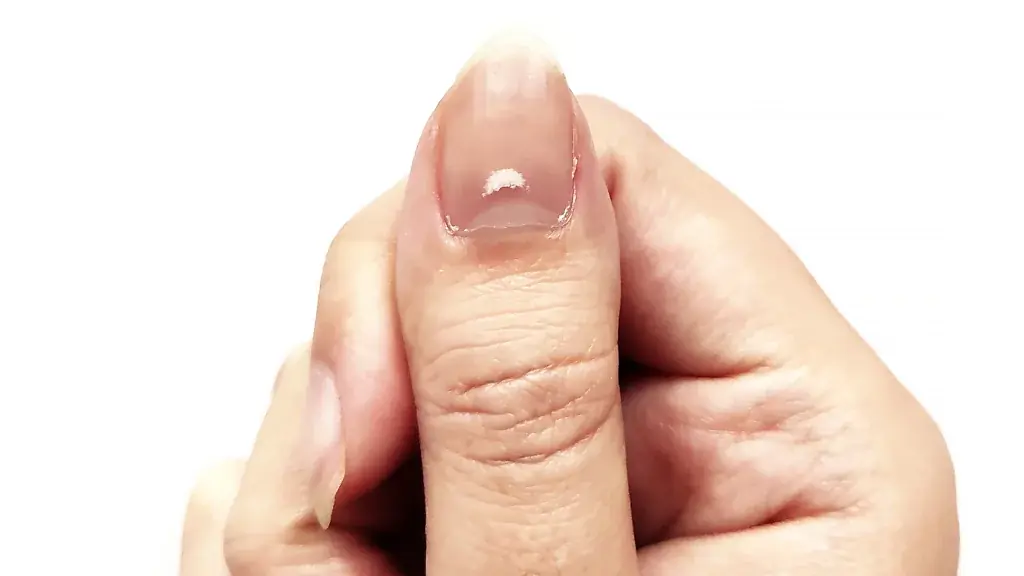
What Your Fingernails Reveal About Your Health: Insights from Experts
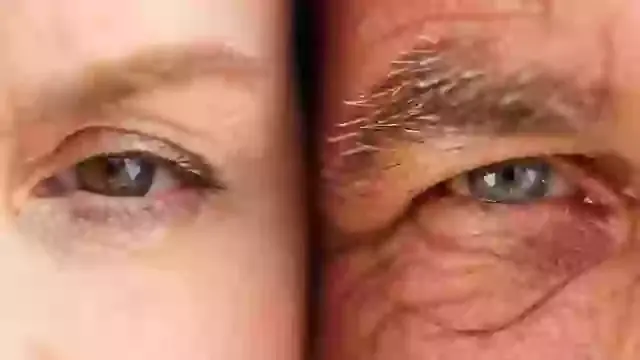
The Surprising Ages When Aging Speeds Up – What Scientists Have Discovered
A new study reveals that aging spikes at two specific ages, 44 and 60, and scientists have uncovered what happens to your body at these times. Learn the surprising results and what you can do to adjust.

Study Finds Sleep Habits Could Increase Your R!sk of Premature Death by 29% – Here’s Why
A new study reveals that poor sleep habits may increase the r!sk of premature de@th by up to 29%. Discover the sleep patterns linked to this danger and how you can improve your sleep health.

Expert Reveals Why Sleeping Without Clothes in Hot Weather Might Be a Bad Idea
Discover why sleeping without clothes during hot nights may not be as cooling as you think. Learn expert advice on how to sleep better in the heat.

New Study Reveals Alarming Rise in Anal C@ncer and Who’s Most at R!sk
A new study highlights a concerning rise in an@l canc3r cases, particularly among women over 65. Learn about the risk factors and what you can do to reduce your chances.

Ingenious Uses for Old Toothbrushes: 5 Surprising Household Hacks

4 Feng Shui Mistakes: Where Placing a Broom Brings Bad Luck

5 Key Symptoms You Should Never Ignore – A Doctor’s Warning on Rising C@ncer Risks in Young People
Discover the five cr:u:cial symptoms that could signal serious health conditions like bowel c@ncer, which is rapidly affecting young adults. Early detection is key to saving lives. Learn more now.

Why do many families hang water-filled plastic bags at their door stepsevery summer? The surprising science behind it

8 H@rmful Effects of Soda on Your Health You Should Know
Discover the shocking health risks of soda, including weight gain, bone deterioration, and cardiovascular disease. Learn why you should limit your soda consumption and what to drink instead.
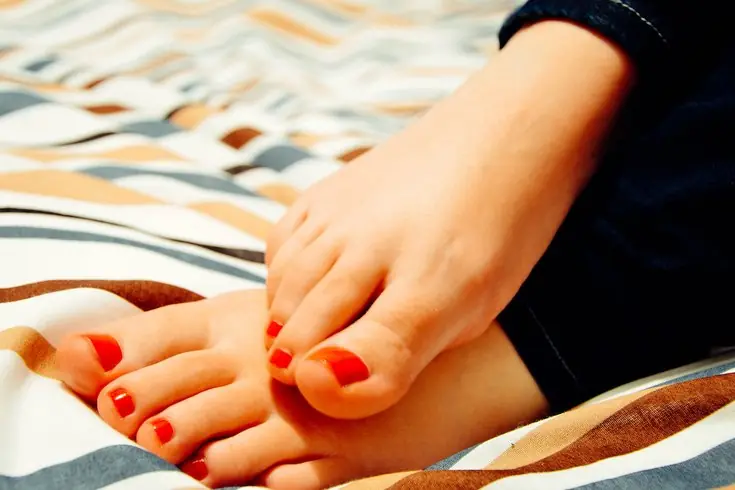
How Your Feet Could Be Signaling Heart Problems: What You Need to Know
Discover the surprising connection between swollen feet and heart disease. Learn how your feet can signal heart and artery problems and what steps you can take to improve your cardiovascular health.

10 Surprising Signs You Might Have a Parasite & How to Get Rid of It
Wondering if you have a parasite? Discover the 10 most common signs and learn how to safely treat parasitic infections with natural remedies and medical treatments. Protect your health today!
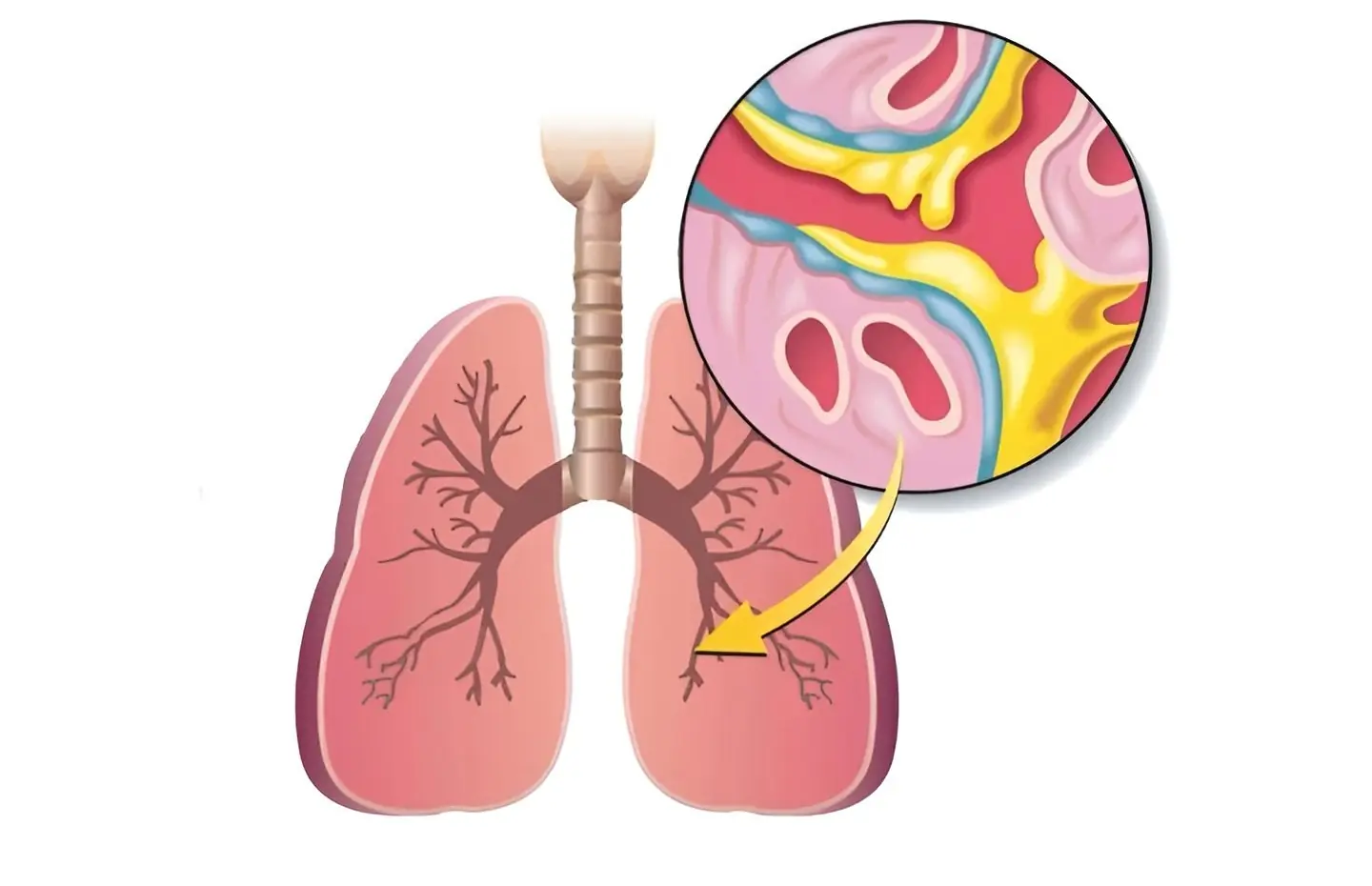
10 Natural Ways to Clear Che$t Congestion and Get Rid of Mucus Fast
Struggling with chest congestion? Discover 10 natural and effective ways to clear mucus and ease your symptoms, including home remedies, decongestants, and lifestyle tips.

Doctor Warns: How Your Sleep Position Could Be H@rming Your Health – And the Best Way to Sleep Instead
Discover how your sleeping position can affect your health. Dr. Tim Mercer explains why certain positions, like sleeping on your stomach, can lead to long-term issues and offers the best alternatives for better sleep.

Ancestors taught: if you want to be rich, throw away 3 things quickly, hold on to 3 things tightly, and you will have a prosperous life.
News Post

The Hidden Function of the Small Hole in Your Nail Clipper

Family's Thyroid Tumor Discovery: A Cautionary Tale About Excessive Iodized Salt and Soy Sauce Consumption

Texas Woman D!es After Using Contaminated Tap Water for Sinus Rinse

4 Foods You Should Never Reheat: Health Risks Explained

Why Some Train Toilets Discharge Waste Directly onto Tracks

Easy Homemade Rice Gel: The Ultimate DIY Face Cream for Hydrated, Glowing Skin
With its powerful combination of rice, aloe vera, vitamin E, and tea tree oil, this cream not only nourishes the skin but also helps brighten dark spots, reduce fine lines, and promote youthful, glowing skin.

10 Effective Ways to Get Soft, Pink Lips Naturally: Proven DIY Remedies for Flawless Lips
By incorporating simple, effective DIY remedies into your routine, you can nourish, hydrate, and brighten your lips while enjoying the beauty of nature’s ingredients.

What Your Fingernails Reveal About Your Health: Insights from Experts

Fenugreek Water for Weight Loss: Methi Water Benefits and DIY Recipes
Fenugreek is a natural, affordable, and effective solution for promoting healthy weight loss and improving overall health.

A Heartwarming Flight: How Strangers Came Together to Help a De@f-Bl!nd Passenger
n an Alaska Airlines flight, a de@f-bl!nd man named Tim experienced extraordinary kindness from strangers - including a 15-year-old girl who used ASL to communicate. This inspiring story will restore your faith in humanity.

DIY Flaxseed Collagen Night Gel: A Natural Remedy for Hydrated, Youthful Skin
By harnessing the power of flaxseeds, aloe vera, and vitamin E, this DIY treatment helps to nourish, hydrate, and protect the skin, all while stimulating collagen production for long-term skin health.

The Great Depression: How the 1929 Market Cra$h Reshaped the World
The 1929 market crash sparked the Great Depression, reshaping the world for decades. Explore its impact! ❤️📉
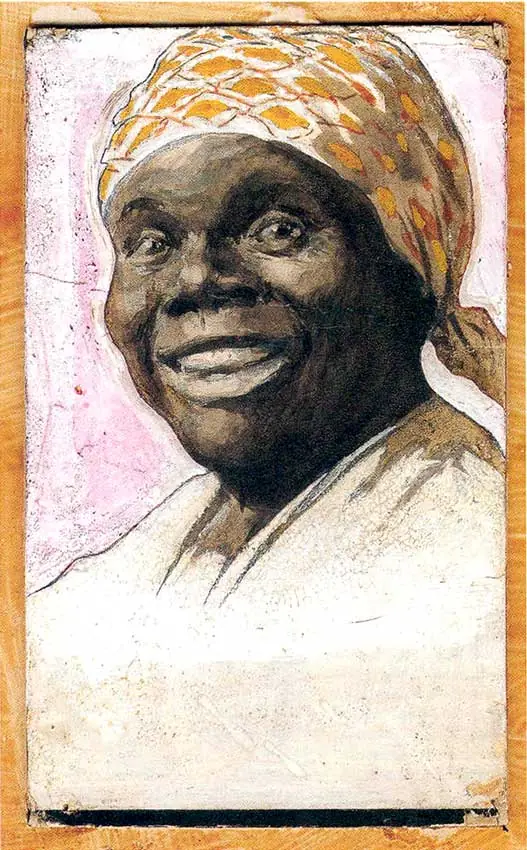
Unveiling the Real Woman Behind "Aunt Jemima": The Legacy of Nancy Green
Discover the powerful, untold story of Nancy Green, born into slavery, who rose to national fame as the original "Aunt Jemima." Learn about her resilience, contributions, and why her true legacy deserves to be honored.

5 Ways To Use Aloe Vera Gel For Glowing, Flawless Skin
Apply these masks and serums 2–3 times a week, and complement your skincare efforts with a healthy diet and plenty of water.

GAS STATION WORKER FINDS ABANDONED BABY - THEN FATE DELIVERS A MIRACLE
A man discovers a newborn abandoned in a box, setting the course for a journey of love, sacrifice, and healing. This story explores the transformative power of family, compassion, and second chances.

DIY Onion Rice Hair Mask To Boost Hair Growth
This simple, affordable treatment can be easily added to your regular hair care routine for noticeable improvements over time.

The Surprising Ages When Aging Speeds Up – What Scientists Have Discovered
A new study reveals that aging spikes at two specific ages, 44 and 60, and scientists have uncovered what happens to your body at these times. Learn the surprising results and what you can do to adjust.

Study Finds Sleep Habits Could Increase Your R!sk of Premature Death by 29% – Here’s Why
A new study reveals that poor sleep habits may increase the r!sk of premature de@th by up to 29%. Discover the sleep patterns linked to this danger and how you can improve your sleep health.

Expert Reveals Why Sleeping Without Clothes in Hot Weather Might Be a Bad Idea
Discover why sleeping without clothes during hot nights may not be as cooling as you think. Learn expert advice on how to sleep better in the heat.

New Study Reveals Alarming Rise in Anal C@ncer and Who’s Most at R!sk
A new study highlights a concerning rise in an@l canc3r cases, particularly among women over 65. Learn about the risk factors and what you can do to reduce your chances.